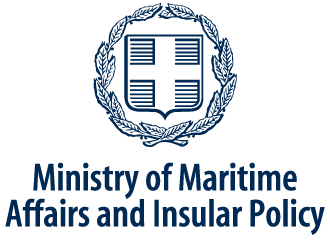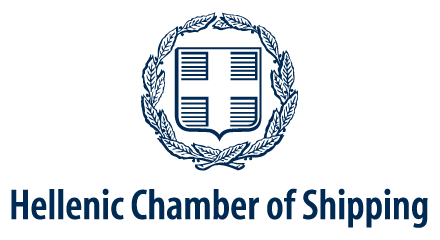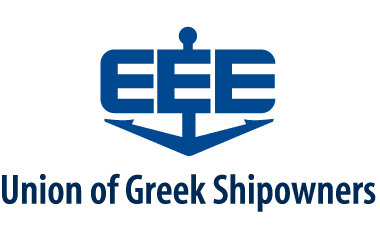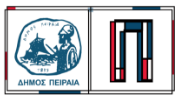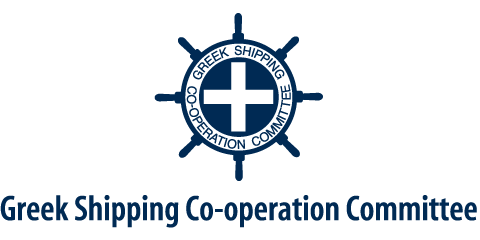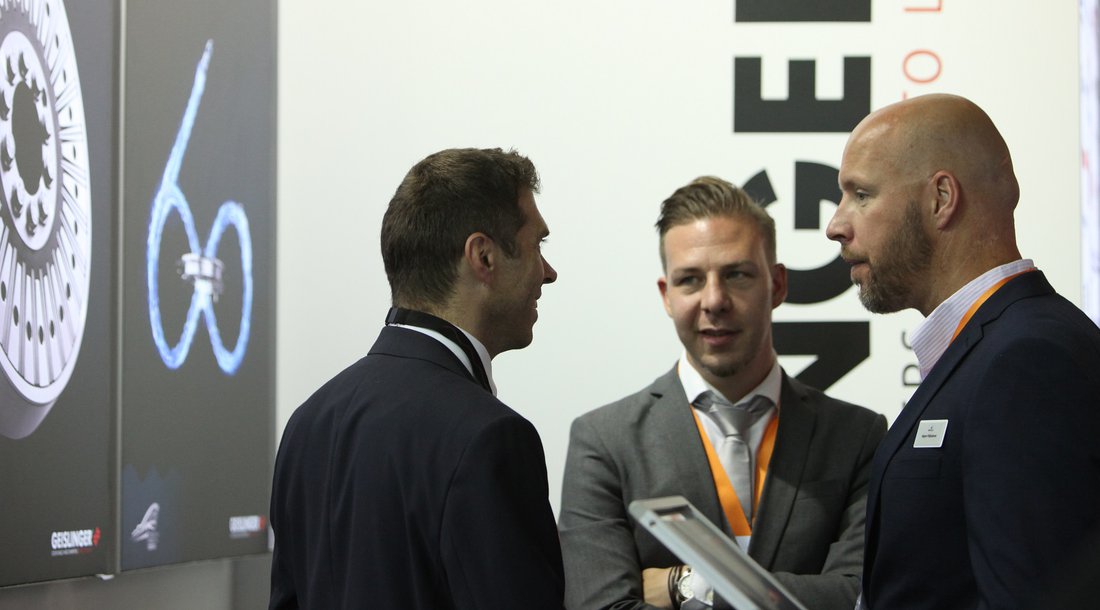
Prime Minister Mitsotakis, ladies and gentlemen,
If I want to explore ideas and solutions with some of the brightest minds, the best innovators, and the most forward-thinking from the world’s maritime sector, I know where to come. And here I am!
It makes perfect sense that Posidonia, the world’s most prestigious shipping exhibition, takes place in Greece. Thanks to Greece’s first maritime innovators, millennia ago, and its entrepreneurs of today, Greece leads the world in shipping.
This is good news for Greece and the rest of the EU, which benefits from a thriving maritime cluster of shipping companies, shipyards for testing, construction, and repair, marine equipment manufacturers, digital service providers, world-leading classification societies, and ship management companies.
For half a century, Posidonia has witnessed the creation of companies that are now known and admired worldwide. Perhaps conversations over the next few days will also see the birth of new companies or partnerships as the sector prepares for smarter and more sustainable shipping.
Efficiency and the comparatively low costs set maritime transport apart from other transport modes. However, this efficiency has been tested recently, with COVID-19 changing consumption patterns almost overnight, affecting the availability of workers, complicating crew changes, and increasing congestion – both in ports and across the transport network. Asymmetric recovery around the world has not helped.
Maritime trade saw a 3.8% decline overall in 2020. This relatively low figure is testament to the men and women who continued to head out to sea, delivering food, medicines, and everyday goods throughout the pandemic. Seafarers were among the unsung heroes of these times, keeping supply chains intact and international trade ticking over.
As you know, 2021 saw a surge in trade above pre-pandemic levels, creating a shortage of shipping containers. This meant longer shipping transit times and a rise in transport costs.
Today your sector is once again grappling with challenges that are not of your making. Russia’s war against Ukraine has had geopolitical and economic repercussions that affect the entire shipping sector and global supply chains.
But I know that the sector can remain agile, active, and united, as it did during the pandemic, demonstrating resilience and commitment.
[Decarbonisation]
Meanwhile, two other huge tasks loom large on the horizon: decarbonisation and digitalisation. Unlike COVID and Russia’s aggression, we know what is coming. And we have the advantage of being able to plan the transition to greater sustainability and more efficient operations, taking full advantage of the digital revolution. This represents a growth opportunity for all sectors, including yours.
Cutting emissions would be easy if we had a single decarbonising technology that satisfied the entire maritime sector. But we don’t. Different technologies suit different operations and vessel types. Nor can we hope to develop new maritime technologies in laboratories alone; we need shipowners and operators to start making choices, we need to test solutions and to use what is already available, including sustainable biofuels and LNG. And as the transition will take many years, we need to start now.
This is especially true for clean fuels. We don’t have many alternatives to today’s fuels, and when they do exist, they are expensive. To avoid a chicken-and-egg situation – no supply due to lack of demand and vice-versa – we need coordination between suppliers, distributors and demand. Our FuelEU Maritime proposal encourages this, gradually creating demand for such fuels. Our proposal for an Alternative Fuels Infrastructure Regulation is designed to ensure that ports have the right infrastructure in place. And our Renewable Energy Directive requires renewable, low carbon fuels to be produced in sufficient quantities.
I am a believer in the power of the market to choose the best technologies for a specific task. Our role as regulators is to set the goal and the path to follow. It is for industry to choose the best technology for their vessels and business. Technologies are abundant – but not necessarily easy to implement at scale
And it is precisely these challenges that make Posidonia so important: a place to bring all actors together: to discuss, test, and forge new partnerships to move us forward.
The European Commission is also here to support your decarbonisation efforts. Between 2014 and 2020, we supported 185 maritime projects through the Connecting Europe Facility, with a total of €1.64 billion. This included 14 Greek projects.
Greece also benefited from around €30 million mobilised under the European Fund for Strategic Investments – EFSI – for the construction of a new liquefied natural gas bunkering vessel, based at the Port of Piraeus.
Through the Horizon 2020 project E-Ferry, the Commission has funded the world’s first 100% battery-electric ferry, ‘Ellen’, powered by the world’s largest battery. Greece participated in this project.
I am also happy to see interest in floating storage and regasification units increasing in recent months, including in Greece. Congratulations on starting the construction of a new terminal in the port of Alexandroupolis last month, and I hope work can start soon on the unit planned for Corinth.
Digitalisation and automation go hand-in-hand with decarbonisation: it is the best tool for increasing efficiency that we have. I know that I am not the only one looking at what digitalisation can do for shipping: Posidonia is seeing a surge in new entrants this year, especially from start-ups and established IT companies addressing the need to digitalise shipping.
Ladies and gentlemen, Prime Minister Mitsotakis,
I would like to close by using this opportunity, this time amongst the shipping elite of the world, to say a few words about one of our latest initiatives – the EU-Ukraine Solidarity Lanes. As you all know, Russia’s blockade of the Black Sea Ports has severely disrupted Ukrainian agricultural exports, endangering food security in many countries dependent on them. Helping Ukraine get 5 million tonnes of grain out of its territory each month is a considerable challenge, requiring trucks, wagons, containers, vessels, specific equipment, logistics expertise, and coordination. And it is a considerable challenge that can’t be overcome without cooperation between actors in the transport and logistics markets and regional, national, and European authorities. I count on your involvement.
Thank you for your attention. Let the networking, the sharing of ideas and the forming of new partnerships begin!



